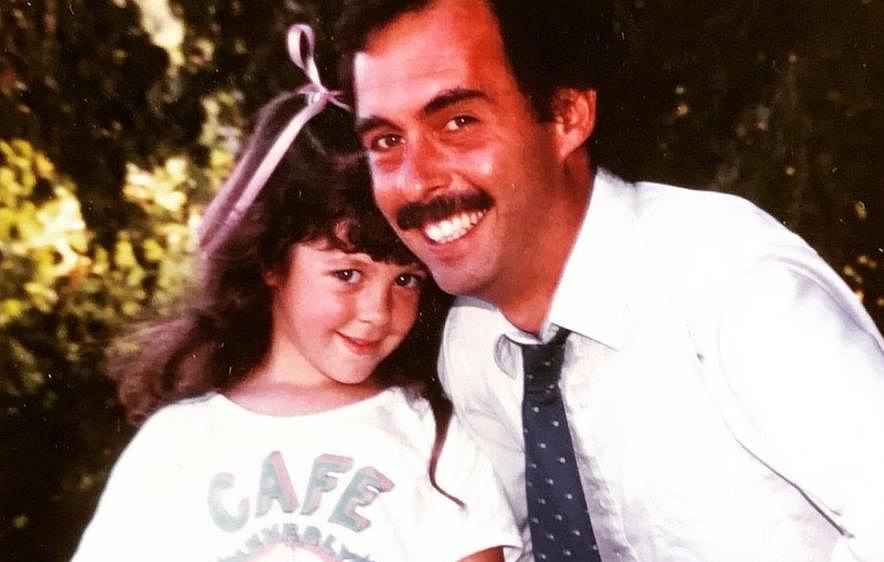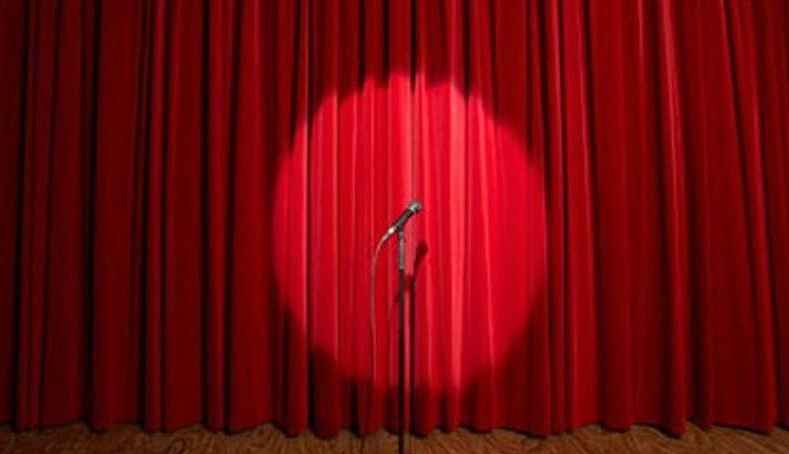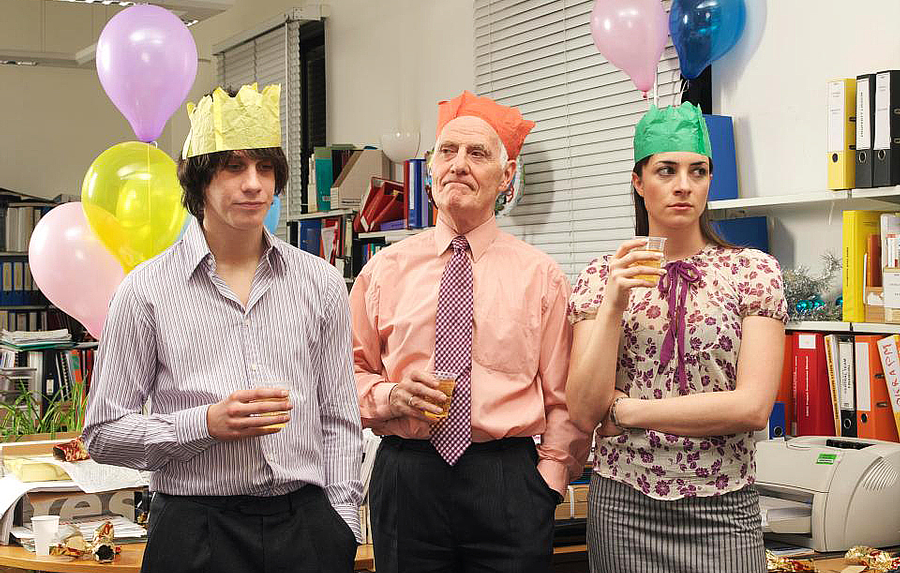






See listing of Recent and Most Popular articles on the Home Page
Connections
Category: Communication / Topics: Advice, Guidance & Mentoring • Attitudes • Change • Character, Integrity • Choices and Decision Making • Communication • COVID-19 • Relationships • Wellness
America Isn't Awkward Enough
by Adam Kotsko / Zocalo Public Square
Posted: July 15, 2021
Our anti-social norms keep us from engaging in the uncomfortable moments that lead to real change…
Editor's Note: The following is an excerpt of an article we found on Pocket. It was originally published July 12, 2021 on Zocalo Public Square. A link to the full article appears at the end of the page.
Ever since vaccines became available, people have been joking that the return to normal life would be awkward. After more than a year of relative isolation, so the half-earnest predictions went, we would surely find our social muscles atrophied. Even small talk or maintaining eye contact would feel like monumental achievements as we traded in our sweatpants and tentatively crawled out of our shelter-in-place hideaways.
Since becoming fully vaccinated, I have found the opposite to be true. Instead of paralyzing me with awkwardness, returning to normal social life has been a profound relief—not only in terms of relieving my boredom and isolation, but by finally giving me the clear social norms that I have been lacking for the past year. While it is admittedly the least of our worries, this pandemic year has been one of the most awkward periods of my lifetime. And that awkwardness, however uncomfortable, has a lot to tell us about the state of society’s social fabric.
We tend to view awkwardness as something that afflicts individuals. Either they behave awkwardly in a certain situation, or—in extreme cases—they seem to be inherently awkward people. In reality, though, awkwardness is a deeply social phenomenon that arises when our social norms or expectations break down. We can see this in the way that the feeling of awkwardness spreads. If we notice an awkward situation, we begin to feel awkward, too—even without being directly involved.
In its simplest form, awkwardness occurs when someone acts in a way that is inappropriate for a particular context. Jokey familiarity at a formal event can be awkward, for example, just as over-formality can be awkward in a more casual setting. When that kind of violation occurs, we often don’t know how to respond; the (mostly tacit) rules governing social situations do not provide guidance for totally unexpected human behavior.
This feeling of uncertainty gives rise to discomfort and anxiety, leading us to scapegoat the person whose faux pas has made us feel so awkward. But only seldom is the awkward person simply screwing up. Usually they are acting according to different norms or expectations based on a different view of the situation. Someone who shows up to a house party in a tuxedo is probably not doing so to make others uncomfortable—they were expecting a different kind of event, with different social norms.
. . . .
Awkwardness is always a sign that something has gone wrong, but we should not let our haste to relieve our discomfort and anxiety lead us to misdiagnose the problem. That guest who shows up to your house party in a tuxedo may not be an idiot who needs to go home and change. The problem may be that your invitation was unclear. In the same way, the social awkwardness that we experienced under COVID, and our clumsy responses to it, reflect more than the inevitable effects of an unexpected catastrophe. Rather, they show us that our norms were already inadequate to help us navigate serious social problems.
Part of the issue is that many American social norms are, paradoxically, anti-social. There is a strong norm against anything but the most superficial conversation among strangers: At no point in the pandemic did my fellow shoppers and I think to talk through how to coordinate our dance amid the aisles. The emergence of masking as a, quite literal, “virtue signal” also fits this pattern—allowing the masked to simply stay away from the unmasked, and vice versa. We successfully avoided awkwardness, but also missed any opportunity for collaboration or persuasion.
. . . .
Overall, what the awkwardness of pandemic lifestyle has shown us is that American society isn’t awkward enough. In our haste to avoid awkwardness, we have cut ourselves off from each other. We treat our fellow citizens as servants, as students, or simply as obstacles—choosing the comfort of clear hierarchical norms over the awkwardness of open-ended and unpredictable encounters with our equals. What is most important in life—and what we desperately need more of as a society—happens in those awkward in-between spaces that the rules did not anticipate.
The real danger is not that we will forget how to behave in “normal” society, but that we will use our discomfort with awkwardness as an excuse to return unthinkingly to our anti-social social norms. To rebuild our life together in a truly human way, we need to get past snap judgments and risk the painfully awkward dialogue that is the unavoidable prelude to real change.
Read the full article.
Adam Kotsko is a writer, teacher, and translator based in Chicago. He is the author of Awkwardness, Why We Love Sociopaths, and Neoliberalism’s Demons, along with many other books.
Search all articles by Adam Kotsko
Posted: July 15, 2021 Accessed 473 times
![]() Go to the list of most recent Connections Articles
Go to the list of most recent Connections Articles
![]() Search Connections (You can expand the search to the entire site)
Search Connections (You can expand the search to the entire site)
![]() Go to the list of Most Recent and Most Popular Articles across the site (Home Page)
Go to the list of Most Recent and Most Popular Articles across the site (Home Page)
 Loading requested view...
Loading requested view...
